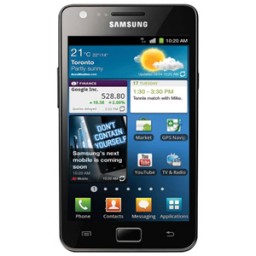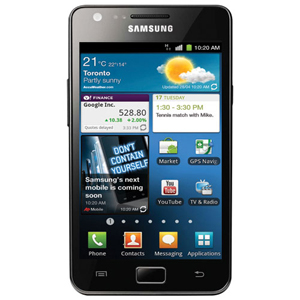The term “smartphone” is a somewhat nebulous one because it refers to such a wide range of devices, all of which have varying capabilities. These phones are really a hybrid between a cellular phone and a computer. The earliest cell phones were not capable of doing much more than making telephone calls. People who needed a portable organizer that they could sync with their computers used a PDA (Personal Digital Assistant). As the technology of these two devices evolved, cell phones and PDAs developed similar capabilities, ultimately morphing into a new genre of modern technology that can keep you connected to the world in myriad ways.

With the earlier generation of smartphones, consumers often had to make a choice between style and smartness. The more features the phone had the more likely that it was bigger, heavier and less stylish than other makes and models. But that is no longer much of an issue with the newest phones to hit the market. Most of the latest smartphones are lightweight, slim, sleek and stylish while being packed with features. Choosing the smartphone that’s right for you will largely depend on what you plan to use it for. Functionality and ease of use are far more important than style for most people.
Smartphones are like having a computer in your pocket. As a business tool, a smartphone enables you to work away from the office, compose documents, teleconference, manage your e-mail and stay organized. As a multimedia entertainment device it gives you access to games, music, photos and videos on the move. You can also browse the Internet, watch television, or read the latest bestseller. When it comes to keeping in touch with your friends, a smartphone can enable you to stay connected through the social media sites, Skype, texting, email and in a pinch, you could even phone them.
When it comes to the smart features that will actually allow you to do all this, you need to consider them in light of what will be most useful to you. Buying the latest smartphone loaded with tons of features that aren’t going to be on any benefit to you, is a waste of money. Some considerations are:
- Connectivity – 3G/4G/Wi-Fi connectivity is the best choice for anyone who needs fast, reliable Internet access while on the move.
- Processors – The type of processor used in smartphones varies greatly. The type will determine how fast your smartphone runs, how many things you can do at one time and the battery life of the phone.
- Cameras – Most smartphones have one or two cameras (mounted front and back). If you plan to use the camera feature frequently, you may want to choose a phone with a high quality camera. Most range from five to eight megapixels.
- Screen size – Screen sizes range from around two and a half to over four inches. If you are a gamer, plan to watch movies, or have poor eyesight you will likely need a larger screen.
- Data input options – You can choose a conventional keyboard or a touchscreen. Some models have both.
Ultimately, the deciding factor when purchasing a smartphone is the perfect combination of price, functionality and style to meet your day-to-day needs and aesthetic sensibilities.

